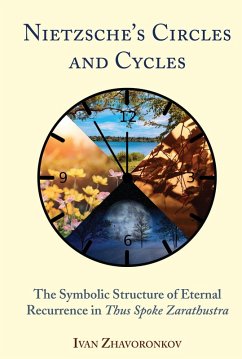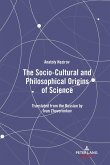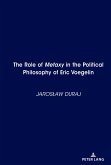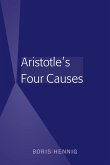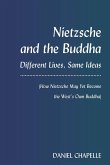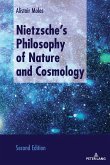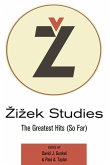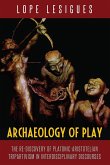This book argues that Nietzsche's Thus Spoke Zarathustra employs circular and cyclical (diurnal and seasonal) symbols to communicate both the life-affirmative and the cosmological aspect of "recurrence" as a unifying idea. It shows that twelve day cycles, which run throughout the book's narrative, and the one full annual cycle, which encompasses the circular and the diurnal images in a continuous cycle of life affirmation, track Zarathustra's ever-changing identity throughout the text. In representing the eternal recurrence, the circular and the cyclical symbols respectively convey the book's central message: Zarathustra comes into being in order to affirm existence as the teacher of eternal recurrence in an endlessly repeating cosmos. The study complements recent findings that Nietzsche's book is on eternal recurrence by establishing the unity among its language, structure, and fundamental conception, which solves the century-old problem of the communication or location of the doctrine within the text. The book is designed for the specialised audience of Nietzsche studies. It would also appeal to both students and professors in various disciplines across humanities and social sciences, as well as to anyone interested in understanding the basic tenets of Thus Spoke Zarathustra.

